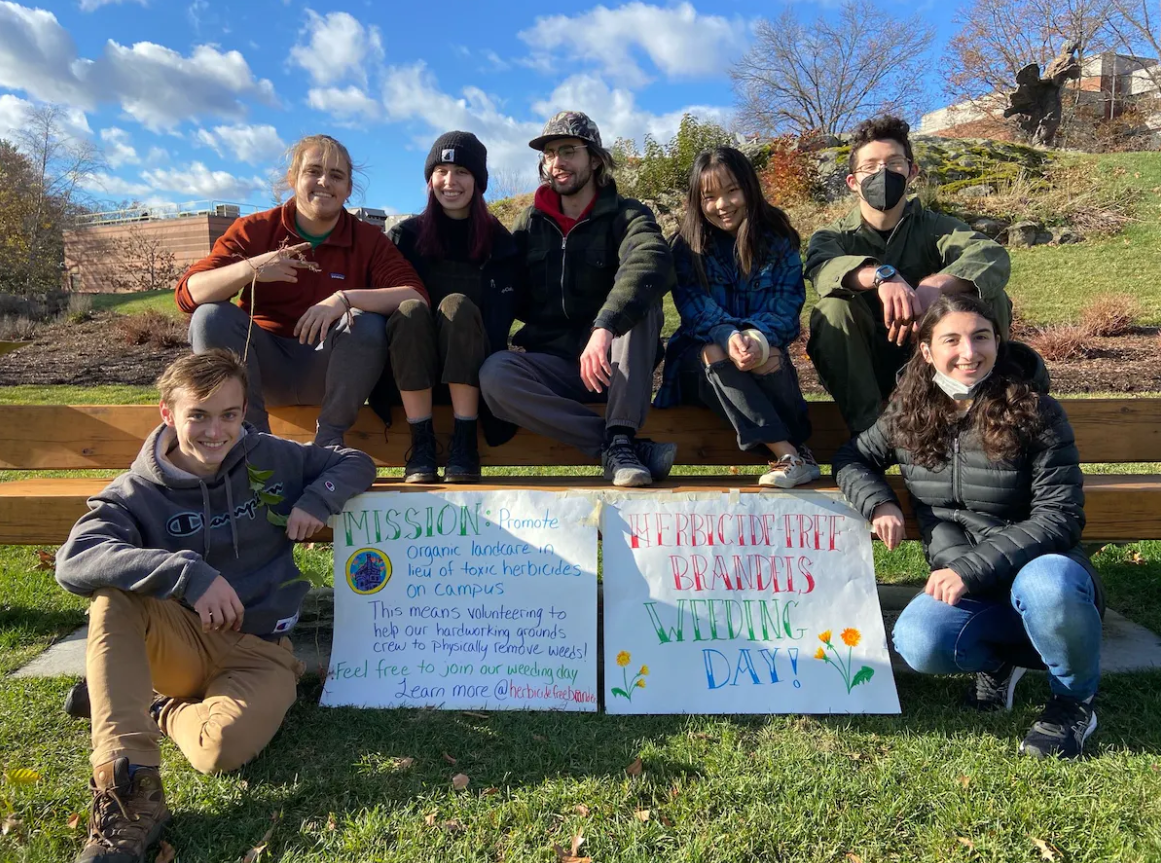
Re:wild Your Campus, a program of Re:wild, believes young people have the power to make lasting change. The program’s goal is to create safer, more sustainable living and learning environments for all. It offers remote, one-year paid student fellowships to students, who receive training and tools to work with their campus’ sustainability department and groundskeepers.
There is a general lack of knowledge around the issue of harmful herbicides and other chemicals on college campuses. These chemicals harm human and environmental health, including contributing to a decline in campus biodiversity. This lack of understanding and ambiguity around the term "organic land management" and “rewilding” tends to be the first obstacles fellows face. However, it’s something that is easily actionable once campuses are informed and willing to participate in the change.
The student fellows learn to provide clarity around what those terms mean, including explaining that switching to safer practices are often less costly than the status quo, after which campus groundkeepers are usually more receptive to the program. The students work with them to integrate more mechanical tools and pest management techniques, and to replace harmful chemicals with healthier alternatives.

Social justice is another important component of the program. Throughout the fellowship year, Re:wild Your Campus provides learning opportunities that highlight different intersectional environmental justice issues, including bringing in various social justice experts and advocates.
The fellowship year is meant to act as an accelerator. The student and campus continue the work after the fellowship year ends. The fellow also works to involve other students in campus land care. Many of the campuses they’ve worked with have made commits to change beyond the program as well. For example, Loyola Marymont has decided to stop using synthetic chemicals in its land care all together.
There are several ways to support Re:wild Your Campus’ efforts in addition to donating to them to support the student fellowships. Please consider following them on social media and resharing their posts. You can also write your alma mater to explain why you support Re:wild Your Campus’ mission and encourage them to do the same. Finally, you may recommend students to the program as well.



